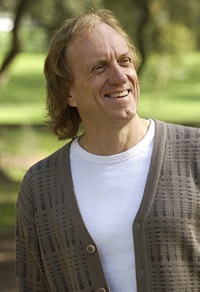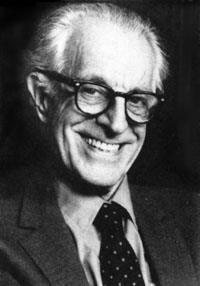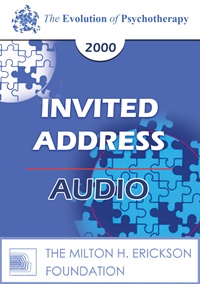EP00 Invited Address 4b - Multi-Storied Lives - Michael White, BASW
- Average Rating:
- Not yet rated
- Topic Areas:
- Invited Addresses | Psychotherapy
- Categories:
- Evolution of Psychotherapy | Evolution of Psychotherapy 2000
- Faculty:
- Michael White, B.A.S.W. | Albert Ellis, PhD
- Duration:
- 1 Hour 31 Minutes
- Format:
- Audio Only
- Original Program Date:
- May 26, 2000
- License:
- Never Expires.
Tags: Psychotherapy
Description
Description:
All expressions of life are multi-layered, including people's descriptions of the problems they bring to therapy. An appreciation of this multi-layeredness of expression presents therapists with a multiplicity of options for therapeutic conversations. How can the multiple layers of expression be identified? How does this contribute to a range of options for re-authoring conversations?
Educational Objectives:
- To state the practices that render visible the multi-layered nature of expressions of life.
- To describe the skills that contribute to the rich description of some of the layers of people's expressions that are usually neglected.
*Sessions may be edited for content and to preserve confidentiality*
Credits
Faculty

Michael White, B.A.S.W. Related Seminars and Products
MICHAEL WHITE, B.A.S.W., is Director of Dulwich Centre, Adelaide, South Australia. He is engaged in the provision of therapeutic services, in teaching and supervision and in working with communities. He has published numerous articles and several books on the subject of narrative therapy.

Albert Ellis, PhD Related Seminars and Products
Albert Ellis, PhD, was an American psychologist who in 1955 developed Rational Emotive Behavior Therapy (REBT). He held M.A. and Ph.D. degrees in clinical psychology from Columbia University and American Board of Professional Psychology (ABPP). He also founded and was the President of the New York City-based Albert Ellis Institute for decades.
He is generally considered to be one of the originators of the cognitive revolutionary paradigm shift in psychotherapy and one of the founders of cognitive-behavioral therapies.[2]
Based on a 1982 professional survey of US and Canadian psychologists, he was considered as the second most influential psychotherapist in history (Carl Rogers ranked first in the survey; Sigmund Freud was ranked third).[3][4] Psychology Today noted, "No individual—not even Freud himself—has had a greater impact on modern psychotherapy."[5]


